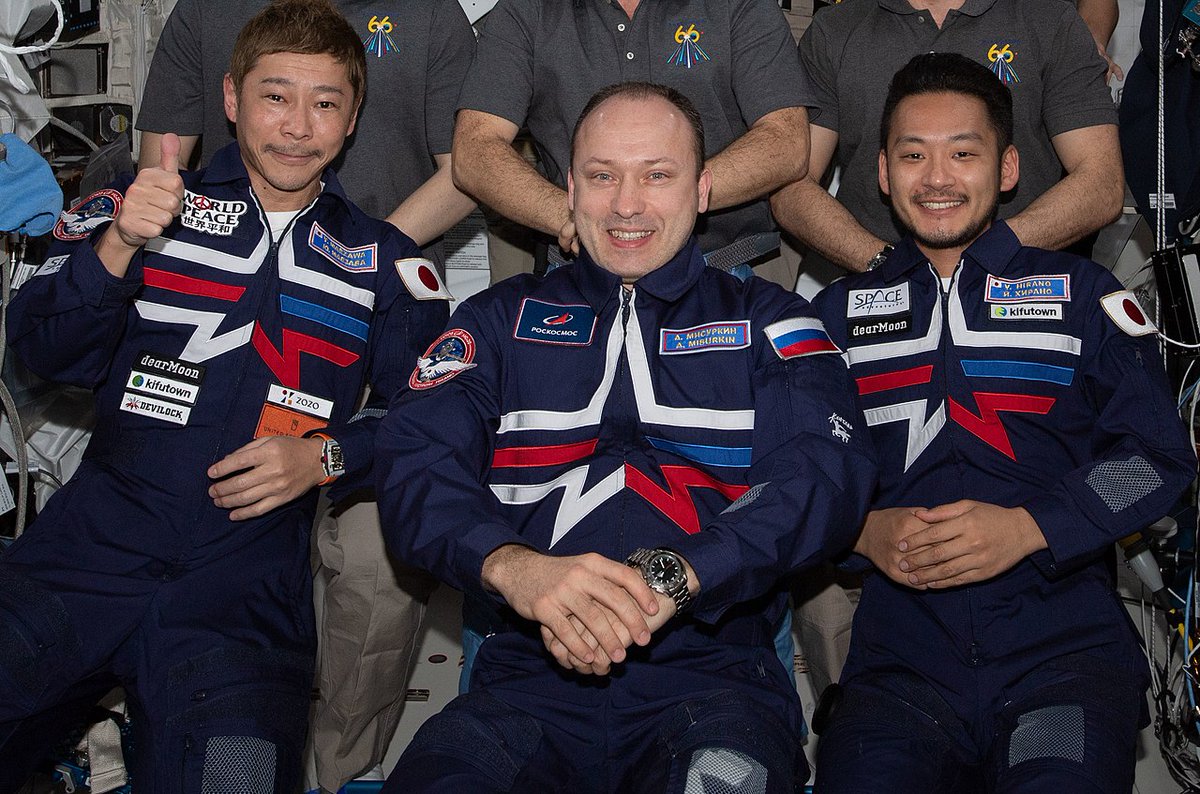
Yuri Borisov, the head of #Roscosmos, visited the Space Research Institute and talked about the priorities of the Russian space industry. The full text is here: roscosmos.ru/38328/, and here's my usual quick summary. ⤵️ 

Since it's the 65th anniversary of the Sputnik launch, and the event took place at IKI RAN, there was a lot of talks about the scientific space program, which is rare these days.
1. Space research is expensive. Russia needs to set priorities and choose the projects that can bring the results in the near future, and that we can handle today, including in terms of provided funding.
2. Mutually beneficial and useful international cooperation should be continued, including projects such as #ISS, #SpektrRG, and #Exomars (‼️). "We value our partners", said Borisov, "and we try to be obligatory, reliable and predictable partners ourselves."
At the same time he noticed that in terms of international cooperation Russia and other countries "must be equal partners". Also: "We must set ourselves tasks which are necessary for all mankind."
3. After #Luna25, 26, 27 and 28 Russia will be technically ready to land cosmonauts on the Moon (presumably by 2030).
4. About the ISS: "Its operation is coming to an end, and it will be very sad to leave it, especially the recently launched MLM Nauka which still could bring many unique scientific results".
5. About #ROSS: it will be a new station with different tasks, and its value depends on the correctly planned and implemented scientific program, therefore the partners are welcome to join this cooperation.
6. One of the most important Russian space projects is NEM. It is possible to build a nuclear space tug with a capacity of 0.5 MW by 2030, which will allow to fly into deep space. The scientific community should think what research could be implemented with its help.
7. "Popularization of science is the most important direction of educating our citizens on the values of knowledge and knowledge of the world." (❗️) - very wise words, my respect to Yuri Ivanovich.
8. "It's a shame that politicians are invading science and interfering with knowledge that is needed not just by Russians, but by the whole humanity. We will do everything possible to protect our activities from such interference. I think this is the right thing to do."
9. Roscosmos will concentrate on providing services for the country and increase the Russian satellite constellation, but will not forget about about scientific space. It is necessary to find funding for scientific space projects.
It is both costly and difficult to perform scientific space projects alone; also, when the scientists from different countries work together, the results are bigger and more valuable. So Borisov finds international cooperation in space important.
Borisov noticed that he and Lev Zeleny, the head of the Space Research Institute, tried hard (and still trying) to find a way to continue the cooperation on #ExoMars. He also said, he hopes for a productive cooperation with China on the lunar program.
That's all, thanks for reading! I hope it was interesting.
• • •
Missing some Tweet in this thread? You can try to
force a refresh













